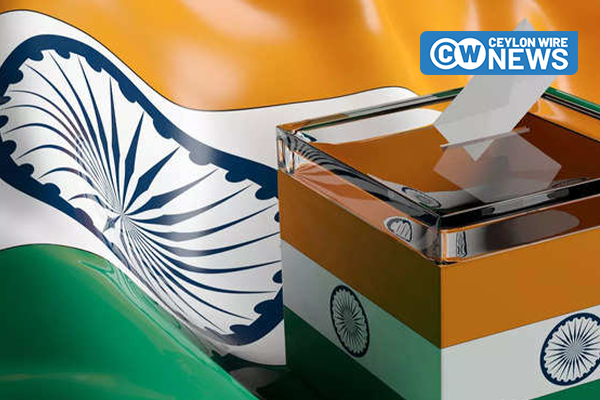India will commence a seven-phase general election starting on April 19, with the results set to be declared on June 4, as announced by the Election Commission of India during a news conference in New Delhi on Saturday.
According to the poll panel’s data, nearly 970 million voters, surpassing the combined population of the United States, the European Union, and Russia, are eligible to cast their ballot, making this election the largest democratic exercise globally.
“We will take democracy to every corner of the country,” stated Chief Election Commissioner Rajiv Kumar while announcing the voting dates. “It is our promise to deliver a national election in a manner that we … remain a beacon for democracy around the world.”
Prime Minister Narendra Modi, vying for a third consecutive term, has set ambitious goals of securing 370 seats for his Bharatiya Janata Party (BJP) and over 400 for the National Democratic Alliance (NDA), which the BJP leads in the 543-member lower house of parliament.
In the 2019 elections, the BJP clinched 303 seats, marking its highest-ever tally since its formation in 1980.
Modi faces a challenge from an alliance of around two dozen opposition parties, known as INDIA or the Indian National Developmental Inclusive Alliance, spearheaded by the Indian National Congress. However, the alliance has encountered difficulties in maintaining unity and equitable seat-sharing to mount a formidable challenge against the BJP.
A victory would elevate Modi, aged 73, as only the second prime minister after Jawaharlal Nehru to secure a third consecutive term.
Leading up to the announcement of election dates, Modi and the BJP have been actively engaged in campaigning for months. Modi has been extensively touring the country, inaugurating projects, making announcements, participating in religious events, and addressing public and private gatherings.
The parliamentary election will be conducted in seven phases: April 19, April 26, May 7, May 13, May 20, May 25, and June 1.
Additionally, in Arunachal Pradesh, Andhra Pradesh, Odisha, and Sikkim, both parliamentary and legislative assembly elections will be held simultaneously, with results also declared on June 4.
Furthermore, 26 assembly constituencies across the country will witness bypolls during the six-week voting period.
The election commission anticipates operating more than a million polling stations, with a workforce of 15 million poll workers.









